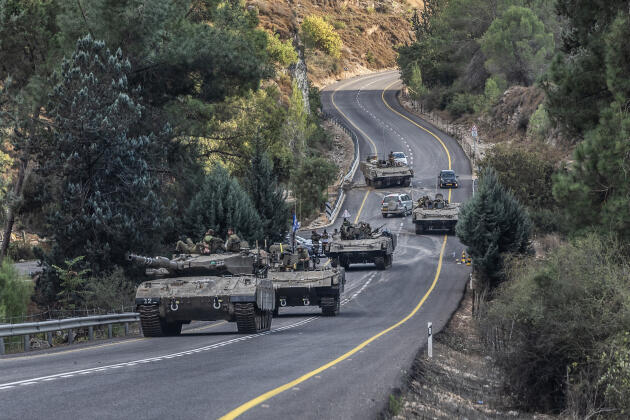The end of the Osama bin-Laden saga
The killing of Osama bin-Laden in Pakistan is an important, even if late, political and psychological success in the war on terrorism: for the American people, for the Western and other democracies in the world and for President Obama personally. The leaders and ideologists of terrorist groups must know that in the end they will pay the price.
Bin-Laden’s disappearance will not stop Islamist terrorism, it could even produce more attempted revenge attacks on the short term; but on the long term it could have a major positive impact.
On the operational level, and even on the propagandistic level, bin-Laden was not really active since he gave the late Abu Musab al-Zarqawi the leadership role in Iraq and the Levant (al-Sham) in 2005. His deputy, the Egyptian Ayman al-Zawahiri, is the real strategic engine behind what remained from the crippled al-Qaeda “central” hardcore.
The Americans took a trove of documents and computer hard drives from the house where they killed bin-Laden, which give them important leads to continue the work of dismantling the organization’s leadership and operational infrastructure (as it happened in Iraq in 2006-2007).
The killing of bin-Laden happens after the defeat of the jihadist strategy in the Arab world. The popular uprisings in Tunisia and Egypt, Yemen and Libya, Syria and Bahrain, achieved major political gains, not the terrorism professed by al-Qaeda leaders and their associates.
But one of the important issues raised by the killing of al-Qaeda’s leader is the fact that it happened near Pakistan’s capital, Islamabad. Since 2002, six of the most important leaders of the organization, including Khaled Sheikh Mohammed, the mastermind of the 9/11 attacks, have been killed or arrested in Pakistani cities, not in the grottoes of the tribal areas. Which implies that the Pakistani intelligence and military establishment continue to play a double game and cannot be trusted: not by its ally the United States, or even China, and surely not by India, Afghanistan and its other neighbors.
It is possible that the major repercussions of the event will happen in Pakistan, where the Pakistani Taliban, which already threatened American and Pakistani leaders, united to other active Islamists movements, could wage a terrorist and subversive offensive and destabilize the already shaky civil regime.
The threat to American targets as a result of the desire of jihadi groups and individuals to revenge bin-Laden’s death will be grater in those Arab countries, like Egypt, Yemen or Syria, where the police and security services are crippled or on the defensive as a consequence of the popular uprisings.
As regards Israel, it should be remembered that bin-Laden created “the World Islamic Front for the Fight against the Crusaders and the Jews” in 1998. The first terrorist attack of al-Qaeda after its demise in Afghanistan was against the synagogue in the island of Djerba, Tunisia, in April 2002.
It is of note that under the Hamas strategic umbrella several salafi and jihadist groups have proliferated in the Gaza Strip. They have launched over 300 rockets and mortars at Israel so far this year, sometimes in coordination with Hamas, sometimes independently. On the background of Hamas’ leader Ismail Hanyeh outrageous condemnation of the U.S. killing of the “holy warrior” Osama bin-Laden, these groups could try to revenge bin-Laden’s death by attacking Israel, the U.S. ally in the region. The attacks could provoke an Israeli retaliation and a new crisis at this sensitive juncture, when Hamas has achieved a unity agreement with the Palestinian Authority.
Therefore, we should carefully follow in the next weeks and months the political and strategic repercussions of the disappearance of bin-Laden, al-Qaeda’s leader and symbolic figure.






